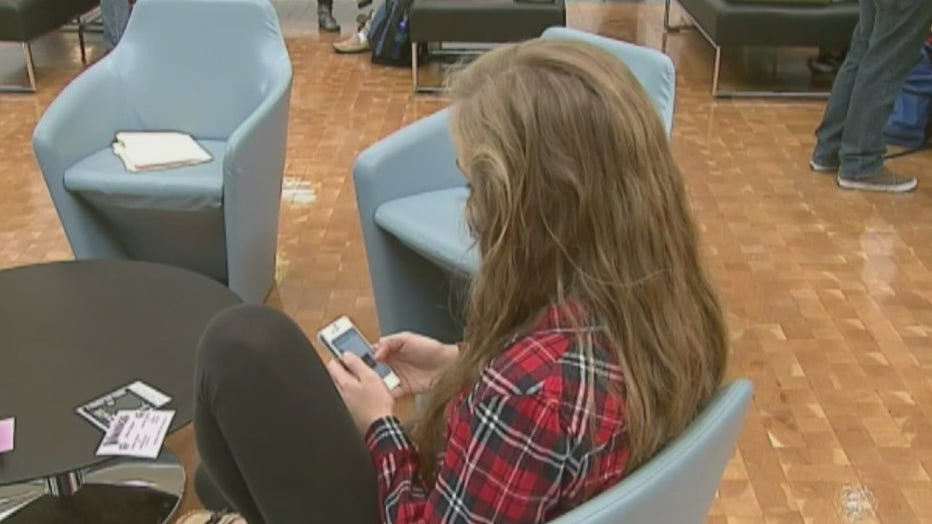Supreme Court's Section 230 case could fundamentally change the internet
SCOTUS to hear pivotal Section 230 Case next week
The Supreme Court will hear a case next week that could fundamentally change the internet. It could force sites like YouTube and apps like Instagram to defend themselves in court much more than they do now. FOX 5's Katie Barlow breaks down the Gonzalez v. Google LLC case.
BETHESDA, Md. (FOX 5 DC) - The Supreme Court will hear a case next week that could fundamentally change the internet. It could force sites like YouTube and apps like Instagram to defend themselves in court much more than they do now.
The case is about 23-year-old Nohemi Gonzalez who was one of 130 people killed in a 2015 ISIS attack in Paris. Gonzalez's family is suing Google, which owns YouTube because they claim YouTube's algorithm unlawfully recommended videos from ISIS, sold advertisements on them, and helped the extremist group recruit new members.
Generally, internet service providers like Google are protected from lawsuits under Section 230 of the Communications Decency Act. Section 230 was passed by Congress in 1996 during the early days of the internet to protect its growth. In effect, websites cannot be held responsible for the content other people post online.

But the internet has changed dramatically since 1996 — from bulletin boards and America Online to social media applications that send out notifications 24 hours a day recruiting users back to the app.
The Supreme Court could change the internet
Congress has not made any updates to the law, leaving it to the courts to determine whether the original understanding still holds. This is the first time the high court will consider Section 230 since it was passed. The court's decision could open the floodgates for lawsuits against internet companies — including parents who blame social media companies for the negative mental health effects they have on young people.
What is Section 230, and why are there calls for it to change?
Social media companies like Twitter and Facebook came under heavy scrutiny this week for suppressing sharing of a New York Post story critical of Hunter Biden’s dealings with a Ukrainian energy company. The platforms said they violated policies on disseminating hacked materials, but it renewed calls by Senate Republicans for the F.C.C. to rework the legal framework known as Section 230, which provides them legal cover. Satya Marar from Young Voices explains what Section 230 is about, and the politics of it all on The Final 5.
Politicians on both sides of the aisle have said it's time to take a second look at Section 230's immunity which some say it amounts to a get-out-of-jail-free card for internet companies. Both presidents Donald Trump and Joe Biden agree it's time to re-examine the law in this area.
The case will be heard Tuesday morning at 10 a.m. and kicks off a big February sitting for the court. After argument in the Section 230 case, the court will take up Biden's student loan forgiveness plan the following week.

